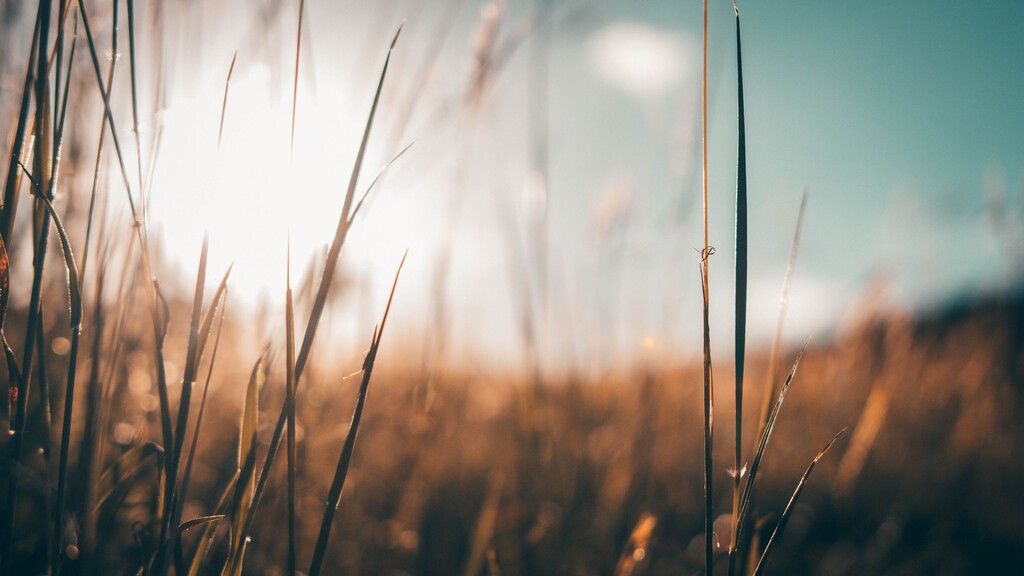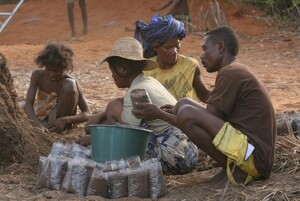Introduction
The Ranobe Spiny Forest is one of the most threatened forests in Madagascar. Harbouring plant endemism at the highest level of any forest on the island - with 48% of the species and 95% of genera unique to a small section of the Southwest – it is one of the last of its kind.The forest is a vital community asset subjected to multiple conservation threats, i.e. charcoal production, logging and clearing for inefficient agricultural expansion. Ho Avy has been working with local community members to raise awareness of the importance of the forest and encourage conservation partnerships through the establishment of two community protected no-harvest forest reserves. To tackle the issues of spiraling poverty and forest degradation, the reserves are meant to serve as ecological restoration, research and eco-tourism zones that provide direct benefits to the local community. Ho Avy’s existing tree nurseries will be expanded to new locations, propagating native trees for ecological restoration, i.e. planting around forest edges and creating corridors between degraded and intact forest patches. Pilot projects improving livelihoods by securing access to drinking water and increasing income from diversifying food crops by intercropping fruit and oil-producing trees are underway. They will be further enhanced by effective irrigation of crop fields, beekeeping and soap production.Challenge
Despite the creation of the large-scale protected area, NPA PK-32 Ranobe, deforestation is rampant in the Ranobe forest. Prolonged drought in the region has resulted in low-crop yields driving more local people further in the forest, expanding charcoal and timber extraction and converting the forest to agricultural land.An ever increasing trend of widespread deforestation in the region has likely led to noticeable alterations in the local climate, forest quality, and environmental conditions responsible for the forest dynamics unique to Ranobe.
If no broad-scale intervention that creates alternatives to current forest usage happens, the forest will continue to decline while endemic biodiversity and rural communities dependent on the forest continue to spiral out of sustainable control. A solution breaking this loop, i.e. finding a genuine means of community participation in forest conservation that is beneficial to the community and provides poverty reduction, is lacking to date.
Our goal
The project aims to mobilize rural communities to participate in sustainable protection of the unique Spiny Forest biodiversity while improving their livelihoods. Establishment of two community managed no-harvest reserves is proposed for ecological research, restoration and eco-tourism. Local communities will be engaged to take part in reforestation activities. A network of native tree nurseries will be established and trees planted on forest edges and in forest clearings to link up fragmented habitat and create ecotones supporting biodiversity. The local people with receive assistance with improving their existing livelihoods and will be introduced to new livelihood opportunities to be developed into self-sustainable enterprises.Specific goals 2011
The specific goals of Ho'Avy in 2011 are:- Two no-harvest forest reserves inaugurated, legislation and monitoring documents delivered.
- Four monitoring workshops held, 15 monitors and 15 patrols installed in the reserves; at least 40 ha reforestation research plots set-up in the reserves.
Two annual research reports and 4 evaluation reports of monitoring system delivered. - Two trails for eco-tourism (10-15 km) established, advertised in local media and promoted internationally.
- Six nurseries set-up, 5 new communities engaged, 2 workshops held.
- Six reforestation events organized, at least 20,000 trees planted, book-keeping held.
- A model irrigation system set-up for 10 ha of cropland, at least 5,000 trees planted.
- Community outreach center in Ranobe built to serve:
- a. Beekeeping workshop qualifying at least 15 beekeepers,
- b. organizing women association in Ranobe with 10 members, soap making workshop qualifying at least 15 women.
Project Location
Southwest region of Madagascar, province Toliara II, commune Ankilimalinka. The principal village is Ranobe, other proposed villages for involvement along the national road RN 9 from N to S to Toliara: Ambolimalailaka, Sikily, Madiorano, Ambondrolava and Belalanda. Ho Avy’s field operation office is in Ranobe. The project is supported by the Naturefund Forest Network. Naturfund Forest NetworkNaturefund Wald NetzwerkLearn more about the project (English)Learn more about the project (Deutsch)
